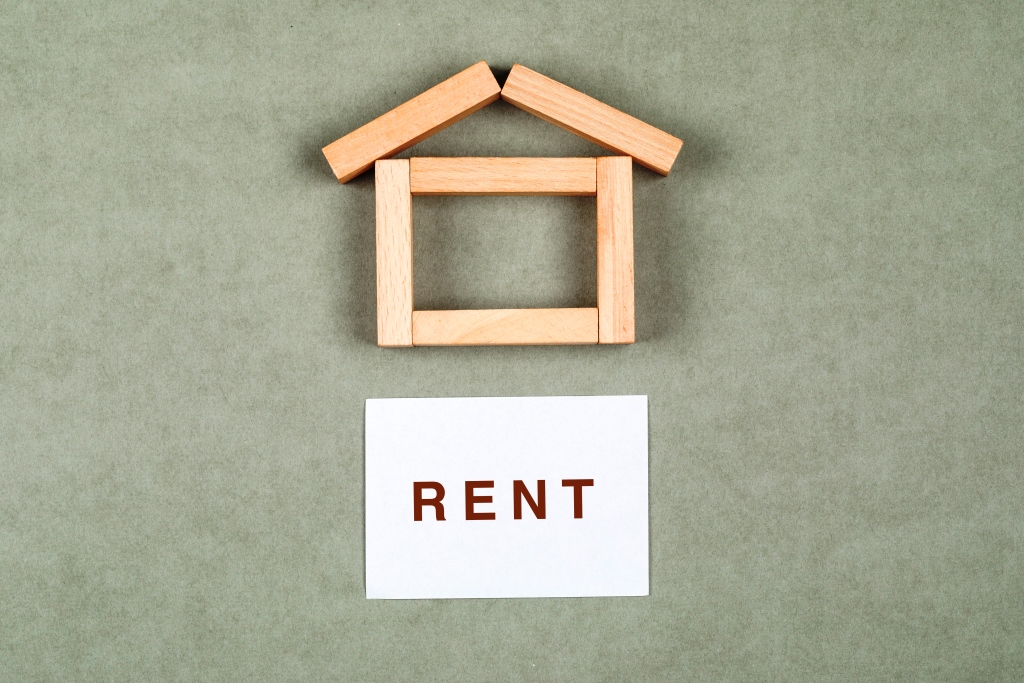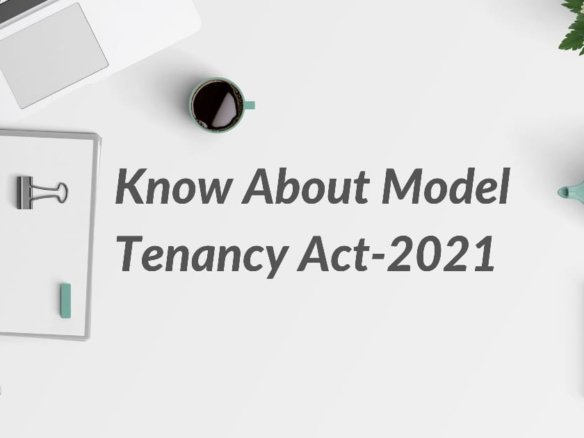What are your rights when you rent a house? What can a landlord do when faced with unruly tenants? Renting is a tricky task, one that leaves renters and landlords feeling equally frustrated many times.
But a good understanding of the Model Tenancy Act (MTA) can help you know the rights of tenants and landlords well. Introduced in 2019 by the Ministry of Housing and Urban Affairs, the MTA aims to sort out the woes of the complex rental housing market.
The MTA equips owners and tenants with rights, increases accountability, and prevents them from being discriminated against. Here are some of the salient features of the Act that you should be aware of if you are a tenant or a landlord.
MTA for Tenants
- Both the landlord and tenant should compulsorily sign a rent agreement clearly stating the terms of the tenancy.
- The security deposit has been capped at two months.
- It is mandatory for the landlord to ensure the smooth running of essential facilities like water, electricity, lighting etc. The tenant has the right to vacate the house after a notice period of 15 days if the maintenance is unsatisfactory.
- The tenant needs to be notified of rent increases three months in advance.
- Owners need to respect the tenant’s right to privacy and give a minimum 24-hour notice before they intend to visit the premises.
MTA for Landlords
- Landlords can now penalise tenants for overstaying the rental period by charging two months worth of rent.
- Subletting can be done only with written permission from the landlord.
- Landlords can evict tenants for breaching the rental agreement.
- Tenants are required to maintain the house without damages. If damages do occur they are obligated to inform the owner immediately.
Subscribe below to know more about rights of tenants and landlords and share.



Thanks for your strategies. One thing really noticed is that often banks plus financial institutions know the dimensions and spending patterns of consumers plus understand that plenty of people max outside their cards around the trips.